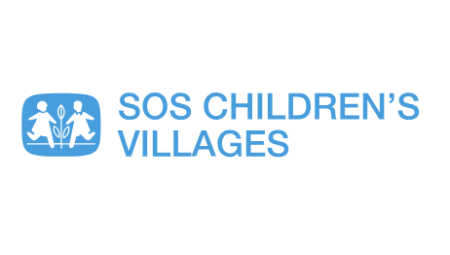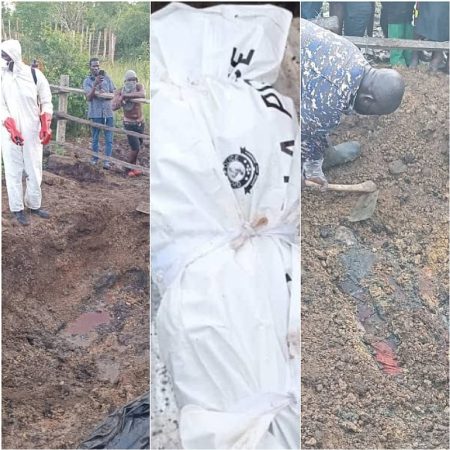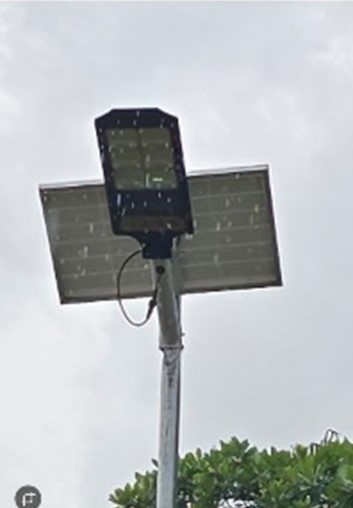The burgeoning tension between the Ghanaian government and the Ghana Registered Nurses and Midwives Association (GRNMA) reached a critical point with the Association’s declaration of an impending strike, slated for June 9, 2025. The primary drivers of this planned industrial action are unresolved conditions of service, anxieties related to job security, and significant delays in the disbursement of negotiated allowances. This looming crisis prompted an urgent meeting between Dr. Rashid Pelpuo, the Minister for Labour, Jobs, and Employment, and key members of the GRNMA leadership on the sidelines of the 113th International Labour Conference in Geneva.
The meeting was characterized by a frank exchange between the Minister and the Association representatives. Dr. Pelpuo made a heartfelt appeal for the GRNMA to reconsider the strike, emphasizing the potentially devastating consequences for ordinary Ghanaians, particularly the most vulnerable who heavily depend on the public health system. He underscored the vital role nurses and midwives play as the backbone of Ghana’s healthcare delivery system, cautioning that a nationwide strike could cripple the health sector and pose a significant threat to lives.
Madam Perpetual Ofori Ampofo, President of the GRNMA, responded by expressing her willingness to halt the strike if the government demonstrated concrete commitment to addressing their concerns. The most pressing demand was the immediate signing of the agreement to pay their negotiated allowances, a key sticking point in the ongoing dispute. This conditional offer signaled a potential pathway to resolution, emphasizing the Association’s primary interest in securing fair and equitable treatment for its members.
Minister Pelpuo responded by assuring the GRNMA leadership of the government’s unwavering commitment to finding a sustainable solution to the impasse. He emphasized that his Ministry was actively engaged with the Ministry of Health, the Ministry of Finance, and other relevant stakeholders to formulate a comprehensive response that would address the legitimate concerns of healthcare workers while also safeguarding the health rights of all citizens. This collaborative approach, involving multiple governmental bodies, underscores the complexity of the issue and the need for a holistic and comprehensive solution.
The Minister’s appeal for restraint and collaboration highlights the government’s recognition of the need for open communication and sustained engagement with labor groups. He underscored the importance of ongoing dialogue at all levels as a key mechanism for achieving long-term reform and ensuring equitable treatment for all workers. This emphasizes the government’s commitment to addressing the systemic issues that underlie the current dispute, rather than simply offering short-term fixes.
The looming strike by the GRNMA reflects broader challenges within Ghana’s public health sector. The nurses’ and midwives’ concerns regarding job security, delayed allowances, and unresolved conditions of service point to underlying systemic issues related to compensation, working conditions, and the overall value placed on healthcare professionals. The outcome of the ongoing negotiations will not only determine the immediate future of healthcare delivery in Ghana, but will also serve as a critical test of the government’s commitment to addressing the long-term needs and concerns of its healthcare workforce. The successful resolution of this dispute requires not only addressing the immediate financial concerns of the GRNMA members but also demonstrating a commitment to creating a sustainable and equitable system that values and supports the vital role of healthcare professionals in Ghana.














